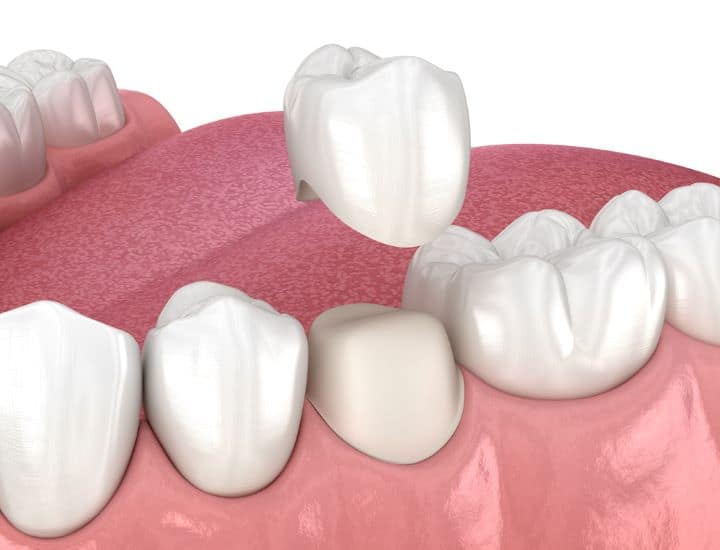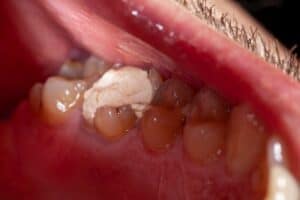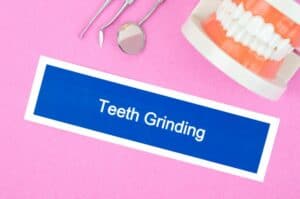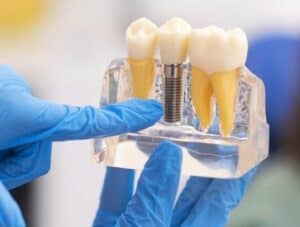Tired of wincing in pain whenever you eat something cold or hot?
This article will guide individuals with sensitive teeth through the causes, symptoms, and effective remedies to alleviate tooth sensitivity.
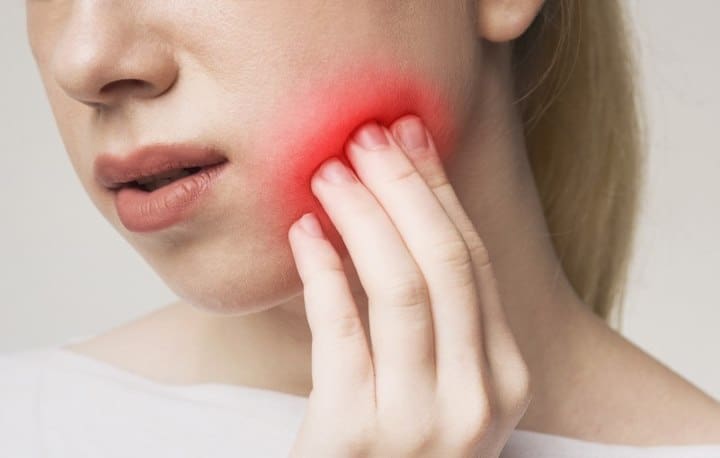
From lifestyle changes to dental treatments, you’ll discover practical tips to help you manage and reduce discomfort, empowering you to take control of your dental health.
What Causes Sensitive Teeth?
Tooth sensitivity, or dentine hypersensitivity, can be caused by various factors. Some of these factors are given below:
Enamel erosion
Tooth enamel is the outermost hard covering of the tooth, which protects the inner sensitive portion known as tooth pulp, which contains the neurovascular bundle of the tooth.
Enamel erosion due to aggressive brushing, acidic diet, or other factors exposes the underlying dentin, leading to tooth hypersensitivity.
Gum recession
Gum recession is the gradual exposure of tooth roots as the gum tissue pulls away, often caused by aggressive brushing or periodontal disease.
Tooth sensitivity occurs when exposed roots or enamel lead to discomfort in response to hot, cold, or sweet stimuli. Gum disease is another major cause resulting in gum recession and tooth sensitivity.
Tooth decay
Tooth decay, commonly known as tooth cavities or dental caries, results from bacteria, consumption of sugary foods, and poor oral hygiene.
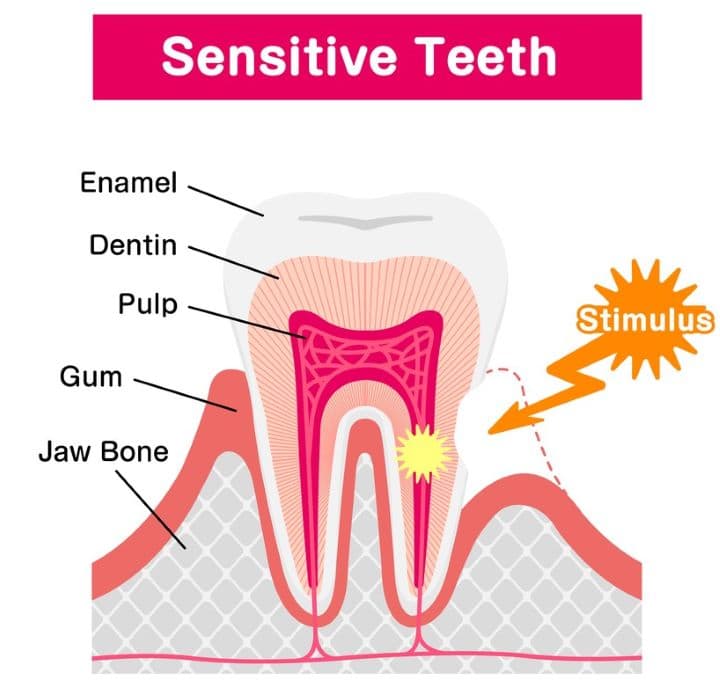
When left untreated for a more extended period, it can give rise to dentine hypersensitivity.
Teeth grinding
You also called it Bruxism. It occurs during a non-REM phase of your sleep cycle. Grinding and clenching your teeth may damage enamel, leading to teeth sensitivity.
Acidic foods and drinks
Acidic foods and drinks also damage our dental health in two ways:
1. They may directly damage tooth enamel due to their corrosive characteristics.
2. In addition, they also cause bacterial growth in your oral cavity as bacteria thrive more in acidic environments.
Common Symptoms of Tooth Sensitivity
Tooth pain when consuming hot or cold foods
When you consume something hot or cold, be it tea, ice cream, or your favorite chilled soft drink, the sharp pain in the roots of the teeth is a prime indicator that you have sensitive teeth. Even breathing in cold air can also give rise to pain.
Discomfort when brushing or flossing
A sensitive tooth has thin enamel, leading to exposed dentin underneath. Therefore, even brushing or flossing irritates the exposed nerves in dentinal tubules, thus generating the sensations of discomfort.
Pain when consuming sweet or acidic foods
Besides hot or cold, consuming sugary or acidic foods can result in tooth soreness.
Sweet foods can accelerate tooth decay by fermenting the action of bacteria on them. As a result of fermentation, the acid produced causes pain and damages the teeth’ enamel, further enhancing the sensitivity.
Lifestyle Changes to Alleviate Tooth Sensitivity
Using a soft-bristled toothbrush
A soft-bristled toothbrush is less damaging to the already compromised enamel. They assist in the gentle cleansing of sensitive teeth and gums. Make sure to use delicate circular or back-and-forth movements to cleanse your mouth.
Avoiding acidic foods and drinks
Acidic foods and drinks give rise to pain in your sensitive teeth and further destroy your tooth enamel. They can also increase air acidity, adding to acid brash in your mouth at night.
Therefore, if you have tooth sensitivity, you may need to hold the use of your favorite beverages, including alcohol, for some time.
Using desensitizing toothpaste
They are desensitizing toothpastes that act by occluding the exposed dentinal tubules. As a result, they assist in alleviating tooth sensitivity.
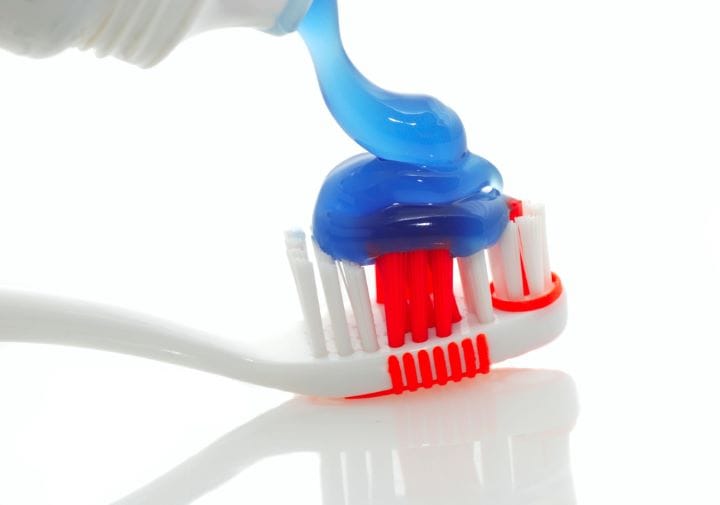
Some desensitizing toothpastes are also found to increase the production of tertiary dentin, a material that helps in dental healing. Amongst the commercially available toothpaste, fluoridated toothpaste such as Colgate Sensitive and Sensodyne are the most effective.
Wearing a mouthguard to prevent sensitive teeth:
As aforementioned, teeth grinding while sleeping can damage the tooth enamel. Luckily, you can opt for mouthguards to overcome this issue. Two types of mouthguards are available:
Ø Over-the-counter mouth guards: available in single fit, economical
Ø Professional custom fit mouth guards: molded according to your teeth, comparatively costly
Home Remedies for Sensitive Teeth
Proper oral hygiene is the cornerstone for preventing most cavity ailments, such as dental decay, enamel erosion, gingivitis, tooth abscess, and many more. Here are a few oral hygiene tips you can incorporate into your daily routine:
ü Brush your teeth twice a day(after breakfast, before bedtime)
ü Dental flossing once a day to remove residual food particles.
ü Use an antibacterial mouthwash to keep oral cavity flora in check.
ü Regular dental appointments.
Professional Treatments for Tooth Sensitivity
Fluoride varnish or gel application
Fluoride varnish or gel contains calcium fluoride, forming fluorapatite over a tooth surface, thus preventing it from any noxious sensitizing stimuli.
After thoroughly cleaning and drying your tooth, your dentist applies a layer of fluoride varnish over it.
When mixed with saliva, this material hardens, thus making an artificial covering around your tooth enamel, thus helping reduce sensitivity and pain.
Dental bonding or sealants
Dental or composite bonding involves applying a tooth-colored resin material over your tooth. It gives an extra barrier against any external stimuli.
Surgical gum graft
To prevent gum recession, your dentist may propose surgical gum grafting.
This technique involves cultivating the grafted skin from the palate or the areas near the damaged gum and placing it over the exposed gum root.
This procedure is simple, and recovery occurs in 2-3 weeks.
Root canal therapy
Root canal therapy (RCT) removes the pulp (innermost layer) of the tooth, containing nerves.
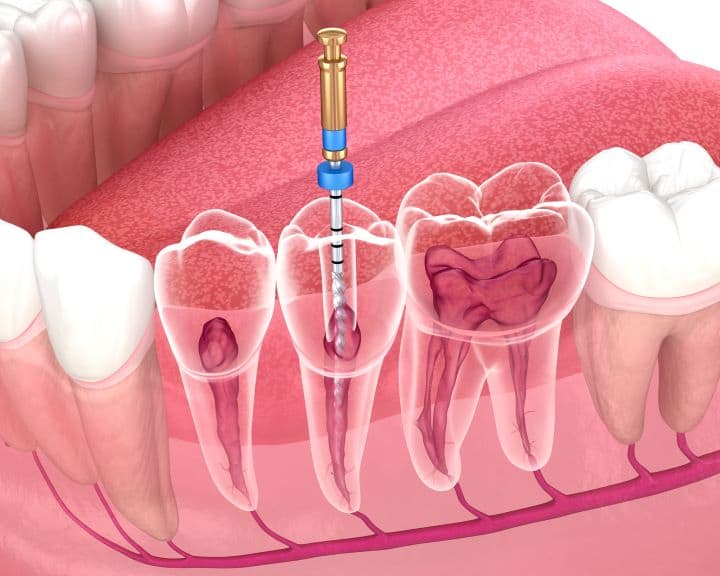
Following pulp removal, the root canal is filled, and the tooth is sealed with a crown. It is a permanent solution for teeth sensitivity.
Natural Remedies for Pain Relief
Saltwater rinse
It is a cheaper and quicker way for pain relief in dentinal hypersensitivity. Studies claim that saltwater kills the bacteria in your mouth by osmosis, decreasing the acidity in your mouth. It also helps reduce pain and improves overall oral health.
Take a half glass of Luke’s warm water and add half a tablespoon of salt. Swish it in your mouth for 10-15 minutes. Repeat after a few hours if symptoms persist.
Oil pulling
Take a sip of liquid coconut oil and swish it around your teeth for 5-10 minutes.
Although used widely, clear scientific evidence is lacking in favor of its effectiveness in pain relief due to dental sensitivity.
Green tea mouthwash
Green tea containing mouthwashes reduces inflammation and restricts the growth of bacteria. It also helps in preventing gum recession and bleeding.
Clove oil application
Clove oil contains Eugenol, a chemical known for its anesthetic (pain reliever), antibacterial, and anti-fungal properties. For centuries, it has been in practice to ease toothache.
Dip a cotton ball or tissue in clove oil and apply it over the point of pain. You can also put whole cloves over the affected gum.
Aloe vera gel application
Aloe vera gel applied in the mouth soothes pain and kills many harmful cavity-causing bacteria and fungi such as Candida albicans, Streptococcus mitis, anaerobius, and many others.
Therefore, it prevents tooth sensitivity, gingivitis, periodontitis, aphthous ulcers, etc.

